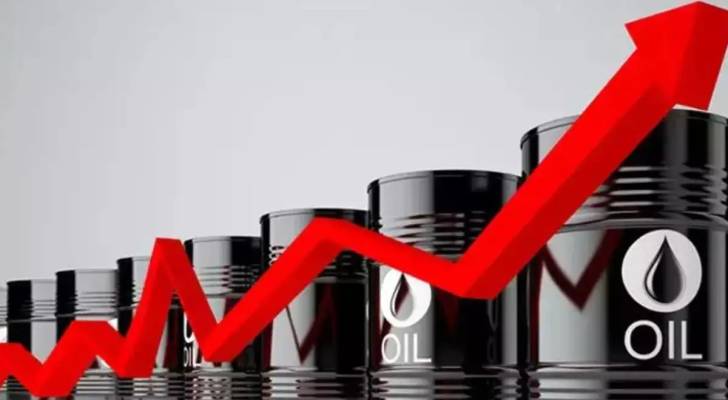(Photo: Getty Images)
Oil prices rise amid supply concerns and US sanctions
Oil prices saw a rise on Wednesday, climbing as supply concerns mounted following a larger-than-expected drop in US crude inventories and the imposition of further limits on Venezuelan and Iranian oil exports.
As of 6:35 GMT, Brent crude futures rose 0.30 percent to USD 73.24 per barrel, while US West Texas Intermediate crude futures increased 0.35 percent to USD 69.24 per barrel. Both contracts reached their highest levels in three weeks during the previous session.
The increase in prices follows the tightening of US sanctions, particularly on Iran’s oil trading network, alongside President Trump’s announcement of a 25 percent tariff on any country importing Venezuelan crude. Venezuela, heavily dependent on oil exports, faces additional pressure as the US moves to restrict oil trade from the region.
Tariffs boost crude market
On Monday, Trump signed an executive order under the 1977 International Emergency Economic Powers Act, authorizing tariffs on any country importing Venezuelan oil and liquid fuels. China, the largest buyer of Venezuelan crude, had previously been targeted by US tariffs. As a result of the new order, Chinese traders have paused their oil trade with Venezuela, awaiting further clarification on the policy.
Declining US crude inventories support prices
Oil prices were also buoyed by data from the American Petroleum Institute (API), which revealed a 4.6 million barrel drop in US crude inventories last week, indicating strong demand for fuel. Official US government data on crude inventories is expected later today.
US sanctions on Iran, Venezuela increase market tension
The US has imposed additional sanctions on Iran’s oil sales, targeting entities like Shouguang Luqing Petrochemical in China, which previously bought Iranian crude.
Over the past four years, both Iran and Venezuela have increased their crude oil production, with their market share rising from 11 percent to 16 percent.
Despite rising prices, the market faces some restraint due to the recent Ukraine-Russia deal to pause attacks on energy targets and at sea, which could lead to some easing of sanctions against Moscow.
Looking Ahead
As the situation evolves, the oil market remains volatile, with US sanctions, geopolitical tensions, and shifting supply dynamics continuing to influence global prices. The next few weeks will likely bring further developments as the international community responds to these ongoing shifts in the global oil market.




